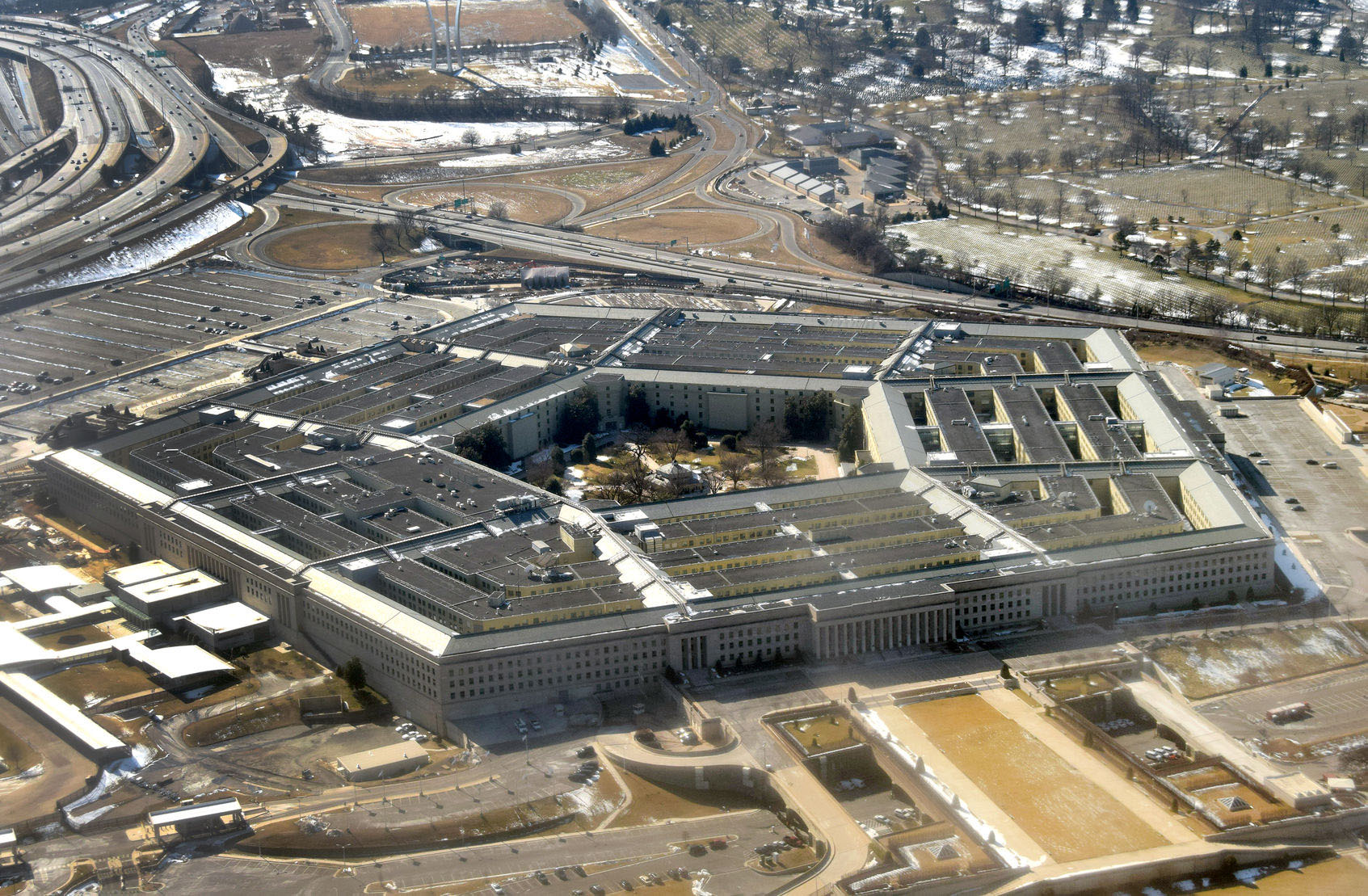The U.S. Army has been falsifying its accounting records to the tune of $6.5 trillion for the year, according to a recent report by Department of Defense auditors. And the Department of Defense has been falsifying its accounting on a massive scale for years, as was reported by Reuters in 2013 and others stretching back to at least 2001. A private company or individual would have probably been arrested years ago for such practices, but the government will never arrest itself. Yet the taxpayers need to penalize this flagrant behavior. Other government departments regularly pass audits, but the sacrosanct DOD, shielded by “national security,” is apparently exempt from such annoyances. And yet given the recent hyped threat environment, despite the actual very low probability of terrorist attacks, and the usual desire in a presidential election to avoid appearing “unpatriotic,” both presidential candidates have pledged to lavish even more cash on defense—despite its already getting a massive $573 billion in 2016.
Yet how can we get much “national security” if the Army, DoD, Congress and the public cannot tell how trillions of taxpayer dollars are being spent? The fraudulent data in DoD accounting systems render them essentially useless for making resource and management decisions.
In 2001, I went to the Pentagon to get a briefing on the DoD budget. The then-Secretary of Defense Donald Rumsfeld, never a lover of his own Pentagon bureaucracy, had just publicly compared the efficiency of the DoD five-year spending plan to the five-year plans in the former Soviet Union. Also, the media had been running stories about how the DoD accounting system could not account for $1 trillion in spending. Yet, Victoria Clarke, the Assistant Secretary of Defense for Public Affairs, appeared flummoxed when I asked why the taxpayers should be willing to increase the defense budget even one dollar, given these facts and concerns. At another meeting around that time Dov Zacheim, the DoD’s Comptroller (the chief budgeter), admitted that the massive problems with DoD accounting would likely not be solved for another decade or more. It has been about 15 years since that time, and Pentagon accounting seems to be no better.
Because the United States resides in stable North America, is oceans away from most of the world’s conflict zones, has weak and friendly neighbors, and has the world’s most potent nuclear arsenal, it is—unlike Russia, China, Germany, France, India, Pakistan, and most other major powers—very intrinsically secure. The bulk of foreign terrorist attacks in the United States, which are much lower in numbers than in countries closer to conflict zones, are blowback from the United States’ self-appointed role as world policeman, which thus has little to do with national security and much to do with actually undermining it.
Despite this intrinsic security, the United States accounts for 37 percent of world defense spending (but only about 16 percent of global GDP) and expends on defense equivalent to the next seven largest spending nations. So instead of ever increasing the defense budget, it could actually be lowered and should be, because the United States is in danger of overextension, with a massive $19 trillion national debt strangling its economy—the root of all future national political, military, cultural, and social power.
The expenses of the U.S. Army could be cut back by transferring most of its heavy armored and mechanized divisions into the cheaper National Guard. This would make it harder for politicians to get the country involved in overseas quagmires on the ground, but still provide a potent land force capability to mobilize in case a legitimate security emergency arises. The savings from such transfer first could be put to fixing the accounting systems of the Army and DoD. After establishing a tight time window for that to be accomplished, future savings could be used to close the still yawning federal budget deficit.

















